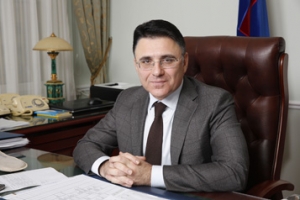 The image of an Internet pirate — sort-of-geek-technician, who is fighting for freely exchange of information – has been untrue for a long time. Specialists of Group-IB have established the identity of the owner of one of the torrent trackers. It came out that he is not a rebellious teenager, but a grown up man. In addition to Internet piracy, he was involved in thefts from Bankcards, card sharing and distribution of non-licensed software. He was not a romantic, but a criminal.
The image of an Internet pirate — sort-of-geek-technician, who is fighting for freely exchange of information – has been untrue for a long time. Specialists of Group-IB have established the identity of the owner of one of the torrent trackers. It came out that he is not a rebellious teenager, but a grown up man. In addition to Internet piracy, he was involved in thefts from Bankcards, card sharing and distribution of non-licensed software. He was not a romantic, but a criminal.
Internet pirates and other criminals are following the money. They create a whole pirate syndicates, for example Rutor or Kinogo. Piracy is actively supported by criminal structures. There is a good example associated with one of the cross-border card sharing services, which specialization was the provision of piracy broadcasts by the authentication keys for satellite receivers. After finding its administrators the server used by the pirates stopped working only for a week — it happened in one of the countries of the former Soviet Union. The work started again but under a different leadership. The resource was taken by a local radical group, and “pirate” money went to Finance terrorism.
In Russia the law to fight online piracy has been used for several years. The copyright holders have the tools to defend their rights in court. More than 780 pirate resources forever blocked on the territory of the Russian Federation on the claims of copyright holders.
But from October 1 2017, came out a law for fighting with “mirrors” of pirate sites. 2 thousand pirate sites, which were created in the last two years, came under thing new law. Currently there is blocking and deleting them from the search results.
I want to note that due to the outflow of users, many advertising networks refuse to cooperate with pirate resources “unavailable for Russians” pirate resources, making them lose a significant part of the income by that.
When a pirated copy of the object appears, only 20% of sources are blocking through Telecom operators, the remaining part is removed pre-trial by specialized companies. We are talking about the fact that in fear of blocking pirates remove a movie, required by a specialized company, from site.
However, pirates continue to earn, because after all, not all the pirated content is deleted and blocked yet.
Now there are a sufficient number of the rights holders on the market, as well as specialized companies, which are ready for more decisive action against cyber pirates. They refer to the success in fighting against piracy in cinemas with the so-called CamRip. Now leaks from cinemas are minimized. It became too dangerous for the pirates to re-make the movie because of the threat of criminal prosecution. And that is the key. Therefore, supporters of strong measures are standing for the expanding the application of the Criminal code against individuals involved in piracy in the field of intellectual property.
I am sure, that it is possible to improve the efficiency of the fight against Internet piracy by joint efforts of rights holders and the state, in particular, Roskomnadzor and law enforcement. This will keep significant financial resources in the industry of filmmaking and legal rental, and resources will be spent on new qualitative movies demanded by society, and on improving the competitiveness of Russian cinema around the world.
SOURCE: IZVESTIA

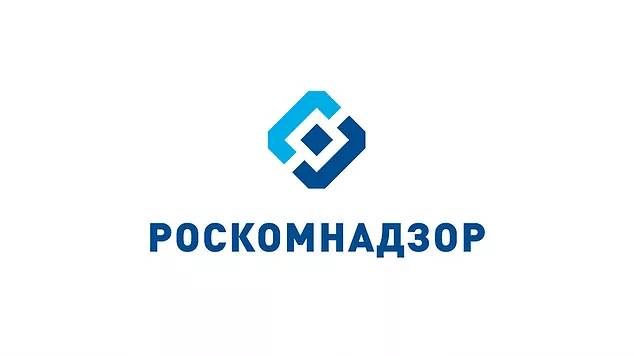
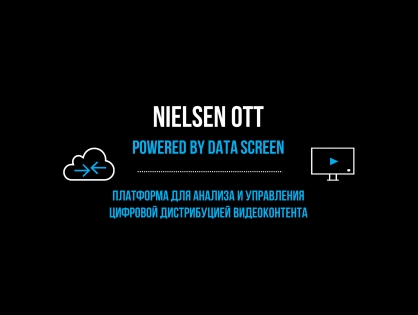
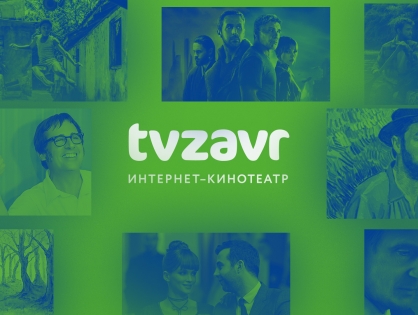
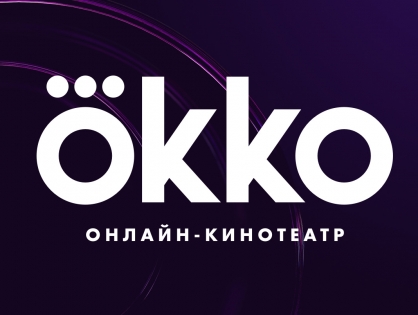
Отправить ответ